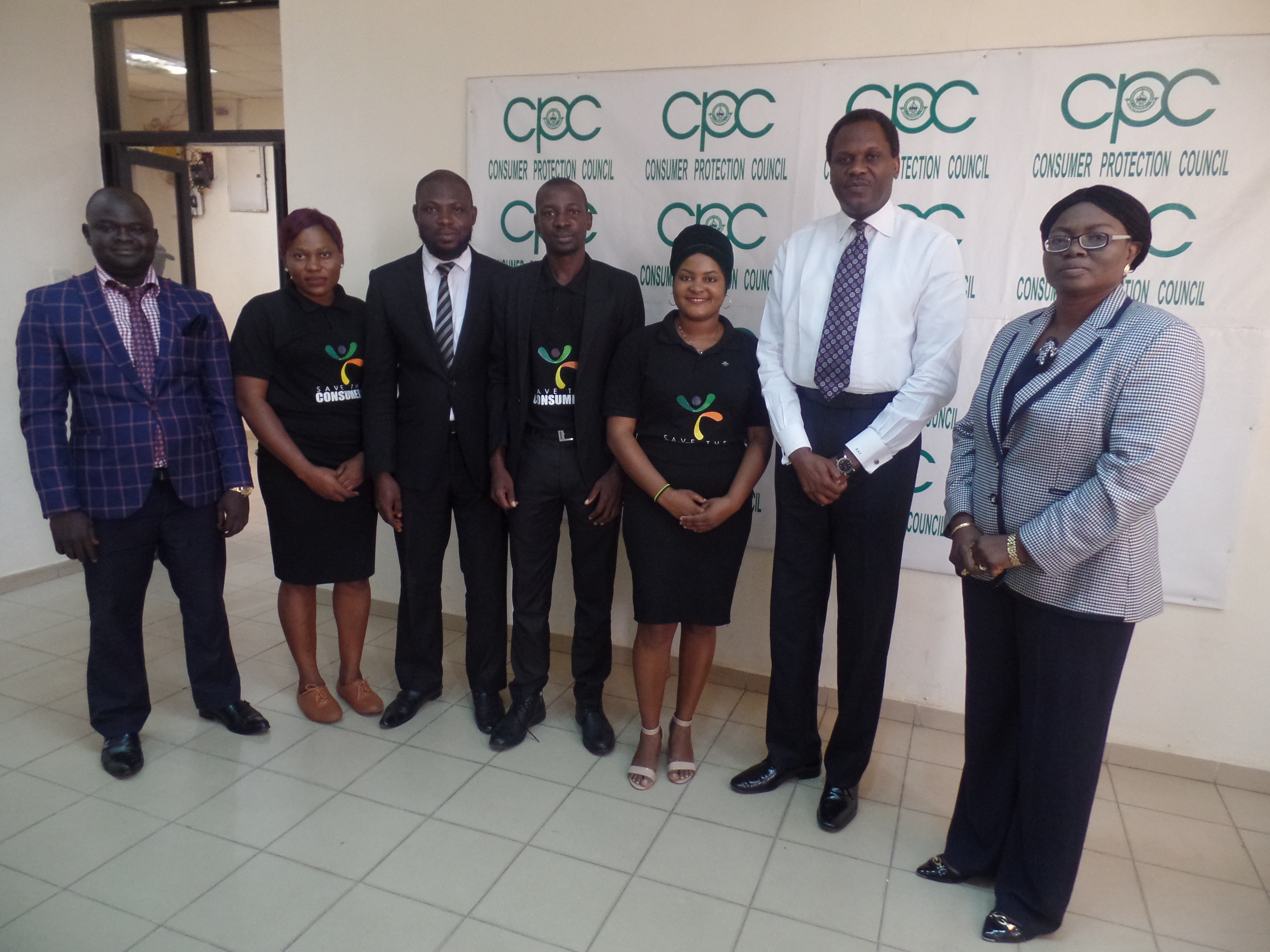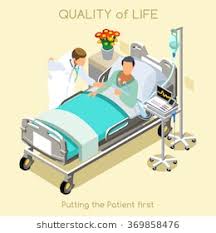Articles

Little did we know in Nigeria that we are responsible for what we produce and consume, the chain involves all of us, the producer, the consumer and the policymakers. We have overstretched the carrying capacity of our environment through different environmental degradation and consumption patterns, the earlier we key into the sustainable consumption and production patterns the better for us and the future of upcoming Nigerians, our waterways are blocked with satchel and plastic waste, we don’t have the culture to trash our can for recycling, we don’t have the choice to choose sustainable product or service that is recyclable, we don’t have the capacity to develop a policy that will reduce the production of food or drink package that are not recyclable.
Looking at these woes in Nigeria, it’s time to rethink how we use plastics, some of the major long-term effects of plastic pollution are; land pollution, air pollution and amongst the most seriously affected are the coastal communities which will ultimately call for increased expenditures for beach cleaning, public health, waste disposal, litter removal and waste management. Arguably there may be more plastic on the waterways in Nigeria compare to fish.
There must be a proactive measure to curb this menace through sustainable consumption and production, it is estimated that by 2030 seven hundred million people will be displaced worldwide due to water scarcity, I am sure you all know our share in this number because of our weak culture towards reducing the spate of plastic waste in Nigeria.
The united nation sustainable development goal twelve is titled sustainable consumption and production, it aims to bring to the consciousness of global citizen to know the negative impact of environmental degradation through uncultured lifestyle.
March 15th is world consumer right day and this year theme is: sustainable consumer, this is a wakeup call to us all as individual or consumer, we have enormous power, in the purchase choice we make and how we use and dispose the waste of those purchases and majorly on our ability to use our purchasing power to influence the business owner to package their product with recyclable items that do not have effect on the environment sustainability to the present people and people in the future,
We must also influence our policymakers to create a policy that will make production companies produce products that are recyclable and environmentally friendly. This system cut-across all supply chain system of business through the manufacturer to the retailer and the consumers, it can also be controlled through procurement process where there will be public demand for sustainable production as a criterion for selection.
I like to conclude this my call to Nigerians with an adage that says, if the heaven falls it is not on one person but all of us, let us consume and produce sustainably. writting by Aliyu ilias.

The Nigerian Electricity Regulatory Commission is servicing the Eleven Discos at the expense of consumer which is the main aim of their establishment.
Their decision did not factor the main stakeholder which is the consumers, this reflects the insensitivity of the last four Nigeria president to the plight of Nigerians. If you ask every Nigeria the change they want to see in Nigeria, your guess is as good as mine. It will be increased in the electricity supply.
Consumers would have to pay an additional sum between N8 and N14 for every kilowatt-hour of energy that is not even available to use and most Nigerian are not metered.
Like air and water, Nigeria upon till now is taken the provision of electricity for granted.
Nigeria leaders in the past twenty years of the fourth republic have failed to achieve the most important need of Nigerians.
At save the consumers we canvass for the federal government to exclude residential home in the increment as most of the electricity infrastructure need of people are catered to by themselves, they need such as transformer, electric poles and wire among others.
Nigerians at this point do not have the purchasing power. More so the Federal Government of Nigeria through NERC and NBET controls the tariff and everything in the power sector.
All the agencies that drive the power sector are controlled by the Nigerian Government hence they should never attempt to abdicate power responsibility.
The transmission company of Nigeria is 100% owned and managed by the federal government of Nigeria and it appears to be the weakest in the Nigeria Electricity network.
The Country Director of Save the Consumers Initiative: Aliyu Ilias, congratulates Tunde Irukera on his Appointment as the new Director General of Consumer Protection Council on Tuesday 25th of July, 2017 during the courtesy Visit of Save The Consumers initiative to Consumer protection Council.
The meeting had in attendance the Director General, the directors and members of staffs of Consumer Protection Council, the Country Director and staffs of Save the Consumers Among others. The meeting was held to layout the successes and achievement of Save the Consumers and further solicit for their support and collaboration in needed areas.
During the Visit, the Country Director Dr Aliyu Ilias said, Save the Consumers NGO was at the public hearing of the House of Representatives to support the bill that seeks to establish a federal competition and consumer protection commission and tribunal for the development and promotion of fair, efficient and competitive market in Nigeria. Save the Consumers believe that the bill will establish a national administrative framework for consumer protection, remove regulatory overlap, create measures to forestall common unfair trade practices and deter indulgence by provider of goods and services.
He stated some of the different platforms which Save the Consumers Campaign is being carried out. Which are Nigeria Television Authority, African Independent Television, WE FM, HOT FM, social media and content publication on Blogs.
He went further by stating Save the Consumers projects: Radio program every Wednesday by 3:00PM on HOT on FM Abuja, Handbook: He said the handbook is to create awareness on consumers education for students and also to educate secondary school and tertiary institution on consumer related issues, basic consumer rights, functions of Consumer Protection Council, information and communication technology, safety, expiry date, best before date and the roles of Nigeria consumers. And also a dummy copy was forwarded to the Consumer Protection Council for endorsement. He said the handbook is meant to be shared free to students across Nigeria which their focus is Federal Capital Territory, Pleateau, Kano, Oyo, Anambra, Sokoto and Edo states. And he further talked about the upcoming Consumer Education and Protection Conference where they intend to bring together different stakeholders from both local and international organization with interest on consumer issues. The conference is scheduled for February 2018 in Abuja.
The Director General Consumer Protection Council, Barr. Tunde Irukera expressed satisfaction on the NGO’s Name “Save the Consumers” as an interesting name that captured the situation in Nigeria. And commende

The patients' bill of rights debate has been making rounds recently particularly after the unfortunate death of a beautiful and full of life corp member who was shot by the police, who was shot at on her way from work to celebrate with her friends that she has been retained. may her sins be forgiven and her soul rests in peace. Amin.
From stories making wave around, I think it is pertinent to bring to the knowledge of the people; the patients' bill of rights. Although these rights differ from country to country, the basics of what the bill should be concerned about it was are penned down here. However, there is room for amendments/modification but let us understand what it means first.
All patients should be guaranteed the following freedoms:
a. to seek consultation with the physician of their choice.
b. to contract with their physician on mutually agreeable terms.
c. to be treated confidentially with access to their records limited to those involved in their care or designated by the patient.
d. to use their own resources to purchase the care of their choice.
e. to refuse medical treatment even if it is recommended by their physician.
f. to be informed about their medical condition, the risks, and benefits of treatment and appropriate alternatives.
g. to refuse third-party interference in their medical care and to be confident that their actions in seeking or declining medical care will not result in the third party imposed penalties for patients or physicians.
h. to receive full disclosure of their insurance plan in plain language which includes;
- contracts: a copy of the contract between the physician and healthcare plan and between the patient or employer and the plan.
- incentives: whether participating physicians are offered financial incentives to reduce treatment or ration care.
- cost: the full cost of the plan, including copayments, coinsurance and deductibles.
- coverage: benefits covered, excluded, including availability and location of 24-hour emergency care.
- qualifications: a roster and qualifications of participating physicians.
- approval procedures: the authorisation procedure for services whether doctors need the approval of a committee or any other individual and who decides what is medically necessary.
- referrals procedures for consulting a specialist and who must authorise the referral.
- appeals: grievance procedures for claim or treatment denials.
- GAG rule: whether physicians are subject to a gag rule, preventing criticism of the plan.
As it is, know about the patients' bill of right first then you can make your contributions when it is open for debate.
#SaveTheConsumers

When fake drugs and products destroyed the lives of many, and consumers had no one to hold accountable, dubious business men continued to wreck havoc in the homes of many.
With the Coming of a determined Lady, the situation changed. Fake drugs started disappearing from chemists, fake food manufacturers started running away and pharmacies without proper licensing started disappearing. Quacks in the drugs industry were chased away. Consumers were safe again.
The dubious business people, whose only intention was to kill consumers, tried to kill the Legend on many occasions. But Nature wouldn't let that happen. She fought for the good of the consumers. She fought for you and I.
Today the war on fake drugs continues, but consumers must ever remain grateful to a woman, a Diva, a legend and a queen who stood up against fake drug and food manufacturers.
"Fake drugs are not good for your health, bad food products are not good for your health. Do not self medicate. Always visit a good hospital." She will always advice. She stood up against all the evil people in the drug business for the good of our society.
Anyone could have been a victim of fake drugs. Support save the consumers as we educate consumers about their consumer rights.www.savetheconsumers.org


